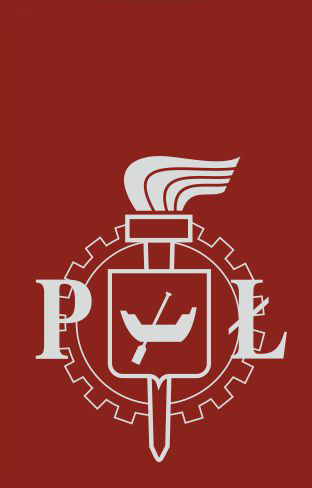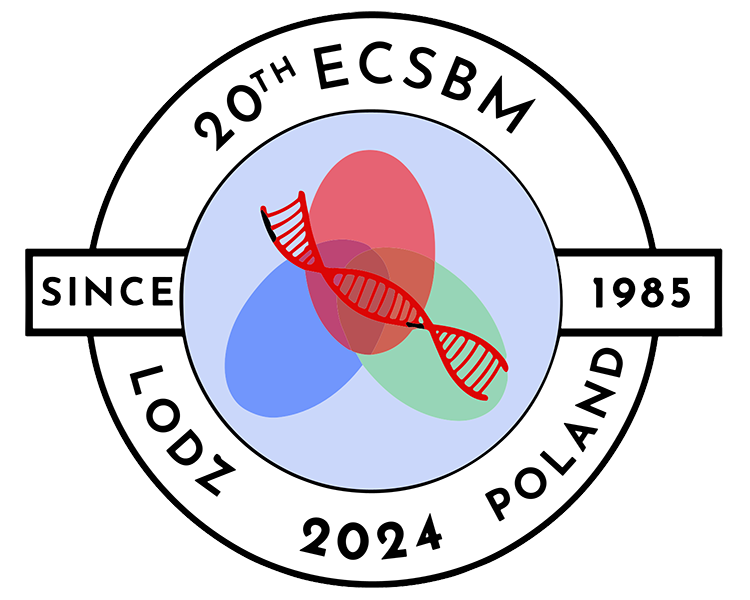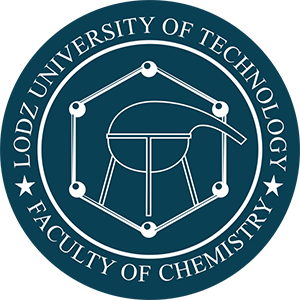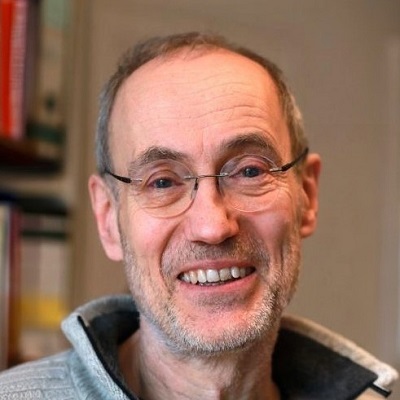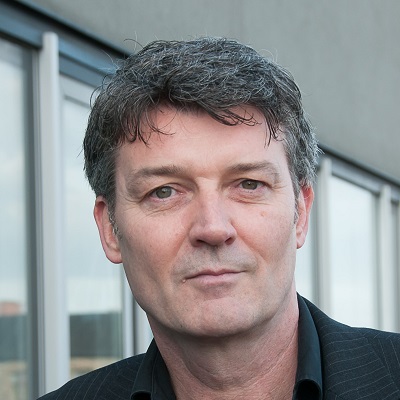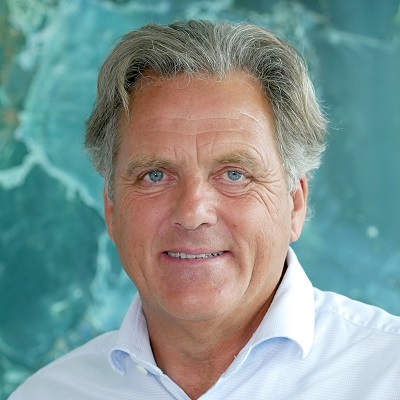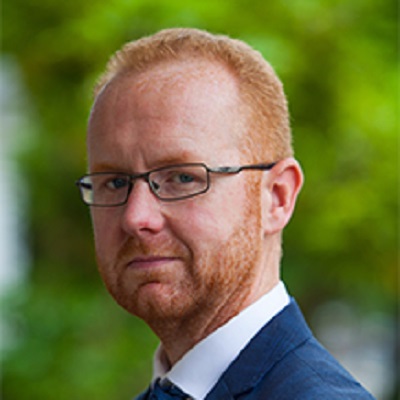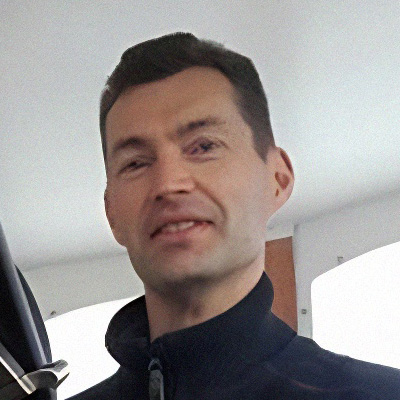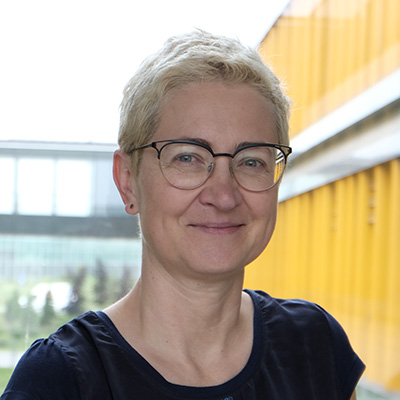
Prof. Malgorzata Baranska
(Program Chair)
Malgorzata Baranska is a Full Professor of Chemistry (since 2013), a Head of the Raman Imaging Group and a Chair of Chemical Physics Department, Faculty of Chemistry, Jagiellonian University in Krakow, and a Head of Raman Spectroscopy Team at Jagiellonian Centre for Experimental Therapeutics (JCET). In 2016 she was appointed as an editor of Spectrochimica Acta, Part A, Elsevier. Since 2017 she has been a Director of the International Society for Clinical Spectroscopy (CLIRSPEC), a nonprofit organization and platform to promote the translation of vibrational spectroscopy into the clinical environment. The current direction of her research is related to metabolomics at the single-cell level, the search for spectroscopic markers of lifestyle diseases and focuses on the analysis of bioactive compounds using spectroscopic methods, including Raman microscopy based on spontaneous and stimulated Raman scattering (SRS), and anti-Stokes coherent Raman scattering (CARS). In addition, she explores the mechanisms of Raman signal amplification, including Raman optical activity (ROA).
Andreas Barth has been active in research in Germany, Great Britain, and Sweden, becoming Associate Professor at Stockholm University in 2002 and Full Professor in 2006. Over the past three decades, he has actively developed and applied biological infrared spectroscopy. His current research focuses on aggregates of the amyloid-β peptide, which are implicated in Alzheimer's disease. He investigates these aggregates using a combination of isotope-edited, experimental and computational infrared spectroscopy, both in bulk solution and on the nanoscale.
Hugh J. Byrne is the Lead of the TU Dublin Physical to Life Sciences Research Hub. He has over 35 years experience in research science and has published over 400 peer reviewed journal and conference papers. He has been responsible for over €25 million in funded projects, including PRTLI Cycles 1,4 and 5 as well as SFI, EI and EU projects and has over 25 years of experience in the management and development of research infrastructure. He has supervised over 45 PhD students to completion.
Received his Bachelor of Arts (moderatorship) degree in Experimental Physics, from Trinity College Dublin in 1985. Received his PhD in Experimental Physics, from Trinity College Dublin, 1989 with a research thesis entitled "On the Origins and Nature of the Nonlinear Optical Properties of Organic One Dimensional Polymers”. Held a postdoctoral research fellowship in Physics Department, Trinity College Dublin from October 1989- April 1991. Research Scientist at the Max-Planck-Institut für Festkörperforschung, Stuttgart, from April 1991-July 1995, funded in part by a Marie-Curie Fellowship. Visiting Research Scientist at the National Institute of Materials and Chemistry Research, Tsukuba, Japan, October 1995-January 1996. Appointed to staff of Dublin Institute of Technology (DIT - now TU Dublin) in January 1996, as lecturer in the School of Physics. Seconded as manager of FOCAS at DIT in 2000. Awarded Honorary Professorship of DIT (internationally reviewed), December 2008.
His principal research interests are in applications of spectroscopy and the study of molecular and nano-materials, and biospectroscopy for diagnostics, cytological analysis and nano-bio interactions.
Klaus Gerwert graduated in physics in Münster and received his doctorate in biophysical chemistry in Freiburg. After postdoc at the Max Planck Institute in Dortmund and Heisenberg fellow (DFG) at the Scripps Research Institute in La Jolla, USA, he became 36-year-old Professor and Chair of the biophysics department at the Ruhr-Universität Bochum (RUB). He founded the SFB 642 and chaired it from 2004-2016. He was a Fellow of the Max Planck Society 2009-2017 and external director at the Max Planck Partner Institute in Shanghai 2009-2014. Currently, since 2019, he is founding and executive director of PRODI, a federal/state-funded research center for protein diagnostics at RUB. In mid-2020, Klaus Gerwert founded the betaSENSE GmbH as a spin-off of Ruhr-Universität Bochum. Since then, he has also been CEO of betaSENSE.
Gerwert is actively advancing the development and application of time-resolved infrared difference spectroscopy in protein research in over 260 publications with over 14,000 citations and several patents. He is internationally recognized for his pioneering studies on protein reaction mechanisms, especially for his discovery of the catalytic role of internal water molecules in protein function. Recently, he invented quantum cascade laser-based IR imaging of cancer and brain tissue in combination with AI as a "label-free digital pathology" approach.
His current focus is on translation of the immuno-IR sensor he invented into the clinic. This approach uses the degree of misfolding of a biomarker as a measure instead of its concentration. As a result, the risk of symptom-free individuals progressing to a clinical stage of Alzheimer's can be determined in advance with a simple blood test. This sensor measures the degree of misfolding of a biomarker instead of its concentration, enabling novel stratification of high-risk individuals for neurodegenerative diseases and personalized therapy. In September 2023, Klaus Gerwert was honored with the Innovation Award of the State of North Rhine-Westphalia for the development of the immuno-IR sensor.
Neil T. Hunt (NTH) moved to the University of York to take up the post of Professor of Physical Chemistry in 2018 having previously been appointed to a Professorship in Ultrafast Chemical Physics at the University of Strathclyde in 2016.
Research in the NTH group uses ultrafast two-dimensional infrared (2D-IR) spectroscopy to determine the role of fast structural and solvation dynamics in biomolecular processes, ranging from ligand binding to proteins and DNA to the reactions that occur in the active sites of enzymes. Recently, we have developed a method of performing 2D-IR spectroscopy of biological samples in H2O rich fluids, leading to new applications ranging from high throughput protein-drug screening to categorising the protein content of biofluid samples using machine learning tools.
Olivier Piot is full professor of Physics/Biophysics at the faculty of Medicine and Pharmacy of the University of Reims Champagne-Ardenne (France). He is director of the BioSpecT (Translational Biospectroscopy) unit and deputy director of the Platform of Cellular and Tissular Imaging. The BioSpecT laboratory is composed of around 20 members from different scientific domains since clinicians, biologists, physicists, and data scientists mingle to lead research work at the medicine/physics interface. The main expertise of the team is the development of vibrational spectroscopy for diagnostic applications in cancer or inflammatory diseases. This relies on one hand on a know-how for analyzing various biological samples (cells, tissues, biofluids, microorganisms) and on the other hand on a recognized expertise in processing spectral data.
Susan Quinn obtained graduated with a B.Sc. Hons in Chemistry from University College Dublin in 1997. She then completed her PhD studies on the topic of DNA Programmed Assembly of Heterosupermolecules under the supervision of Prof. Donald Fitzmaurice at University College Dublin.
In 2002 Susan started her Postdoctoral studies with Profs. John M. Kelly and Thorfinnur Gunnlaugsson in Trinity College Dublin. After this time, she took a position as postgraduate course coordinator in the School of Chemistry in TCD, (2006-9) responsible for development and implementation of Dublin Chemistry Graduate programme. In September 2009 Susan returned to a more research driven path when she joined the School of Chemistry in University College Dublin and became a tenured member of staff in 2012 and was promoted to Senior Lecturer/Associate Professor in October 2017. The broad research of the group is directed to examine ways to monitor and trigger nucleic acid processes in complex systems through light activation. This involves work on DNA photostability, and the development of molecular and nanoparticle DNA probes, and nanoparticle based systems for the delivery of photoactive agents. Key to this research is the use of time-resolved vibrational spectroscopy to resolve the excited state processes and energetics.
Susan together with Prof. John Kelly (TCD) and Professor Christine Cardin (Reading University), was awarded the 2016 RSC Rita and John Cornforth Medal is recognition of their structural work on DNA - transition metal complexes, proof of the origins of the "light-switch" effect and its implications for mechanisms of DNA damage DNA damage. In 2023 Susan was awarded the Institute of Chemistry of Ireland Annual Award for Chemistry (Eva Philbin Public Lecture Series) for a practising chemist, who has made a significant contribution to the advancement of chemistry and has considerably raised the profile of chemistry through both the excellence of their work and their ability to communicate in an effective and lucid manner.
